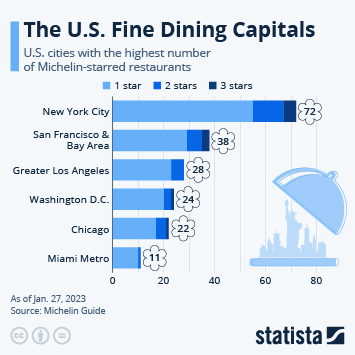As every child learns early on through constant repetition by its parents, it is important to eat your vegetables. The problem with eating your daily dose of fresh fruit and vegetables is not only one of convenience or taste; it is often enough a question of price.
Eating fresh and healthy products tends to be more expensive than eating processed foods and that price gap may soon widen. President Trump recently suggested introducing a 20% import tax on all things Mexican to fund his border wall, a move that could drive up prices for fruits and vegetables in the United States.
As our chart illustrates, Mexico is by far the most important supplier of fruit and vegetables for the U.S. – a country that is increasingly dependent on fruit and vegetable imports. Between 1980 and 2010, the percentage of fruit and vegetable demand in the U.S. that is covered by imports has doubled and tripled, respectively, reaching 49 percent (fresh fruit) and 25 percent (fresh vegetables).
Eating Healthy May Soon Become More Expensive
U.S. fruit and vegetable imports

Description
This chart shows the most important suppliers of fresh fruit and vegetables for the United States.














